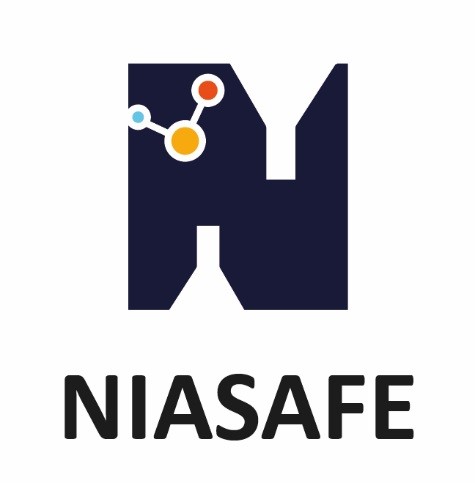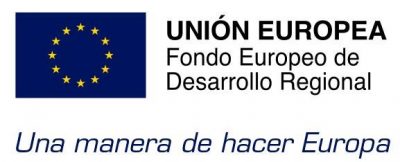
Innovative methodology for the identification and risk assessment of NIAS in food contact plastics. – NIASAFE
NIAS (non-intentionally added substances) are chemical compounds of a very diverse nature which can appear in polymeric raw materials and in final or semi-elaborated products made from such materials during their processing.
Their origin is quite diverse: they can come from degradation products (both from the polymers and the additives), from impurities in the substances used during the manufacturing process, reaction products or even pollutants originating from recycling processes. Due to the unknown nature of these chemical species and their possible harmful effect on human beings, the legislation of food contact materials has stressed the importance of assessing the risks of NIAS, and also of working with good manufacturing practices (GMP) to reduce their presence. Of particular concern is the example of packaging made from recycled materials, because in order to obtain such packaging, we use decontamination processes which apply severe conditions (temperature, pressure…), as well as substances to regenerate the mechanical properties of the material (e.g. chain extenders).
These substances of unknown nature can migrate from the packaging material to the food, becoming substances that are potentially toxic for the health of consumers. However, the lack of knowledge about their nature or concentration levels explains why there is a lack of specific legislation that regulates each substance individually and why we only have a legislation that suggests the assessment of each potential risk in accordance with internationally recognised scientific principles on risk assessment.
The main objective of this R&D project is to develop an innovative methodology to support companies from the Community of Valencia in identifying and assessing the risks deriving from exposure to NIAS generated in plastic packaging materials as a consequence of the processes to which they are subjected during their different manufacturing operations. We will also characterise materials, semi-finished products and final articles, delimiting their origin and performing toxicological risk analyses. To do so, we will combine advanced chemical analysis techniques with biological activity evaluation techniques (cytotoxicity and genotoxicity).
All this will result in the acquisition of knowledge in the three Technological Centres (AIJU, AIMPLAS and AINIA) on the aforementioned subject, and its subsequent transfer to companies in the Community of Valencia related to the entire value chain, from the manufacture of the raw materials to their compounding and transformation (injection, extrusion, lamination, printing), and the packaging of food in safer containers, which will in turn benefit consumers in the Community of Valencia. We will also collaborate with a number of companies which will provide information regarding their packaging, processing and the recommended use of their products (e.g. recommended maximum temperature for heating in a conventional or microwave oven), or the use of recycled materials.
- Starting date: January 1, 2018
- Duration: 2 years
- Status: Work in progress
COORDINATOR CONTACT INFO:
- Name: Mª Luisa Marín Nieto
- Telephone: 965554475
- e-mail: quimicos@aiju.es
Proyecto subvencionado por IVACE, Instituto Valenciano de Competitividad Empresarial de la Generalitat Valenciana, cofinanciado en un 50% a través del Programa Operativo FEDER de la Comunitat Valenciana 2014-2020.

